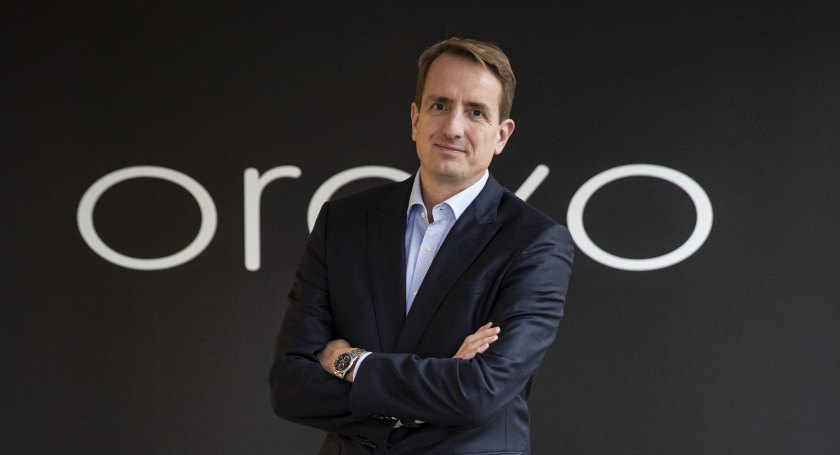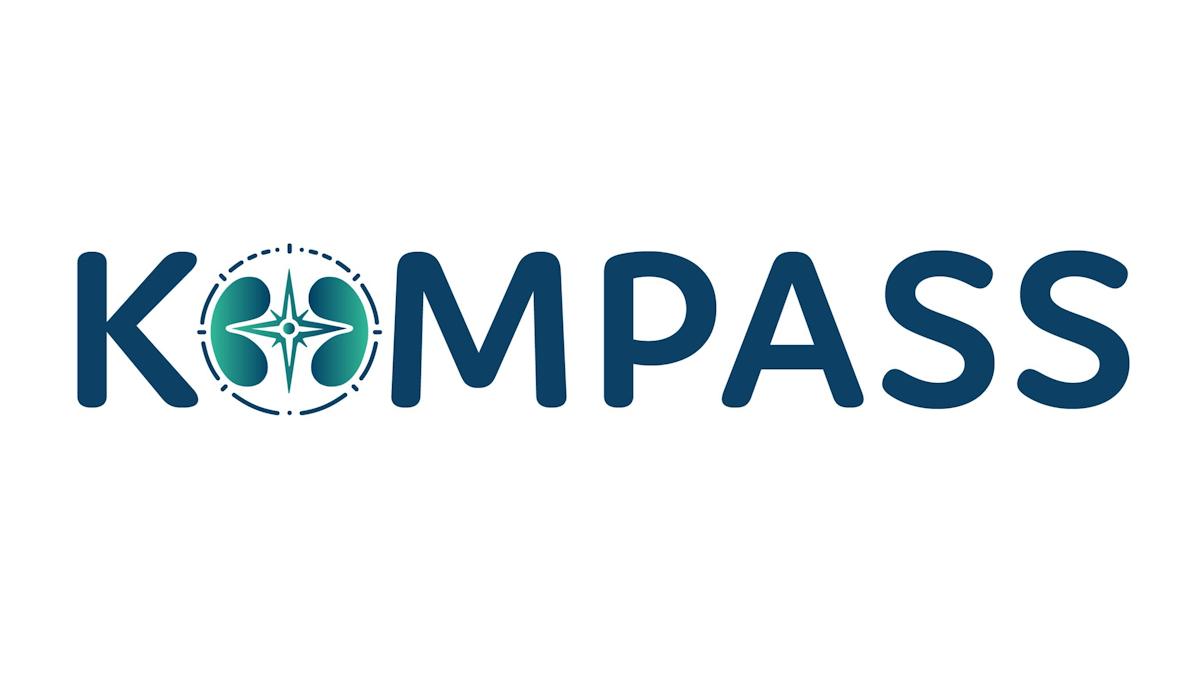Orexo eyes opioid use disorder app launch before year-end

Sweden’s Orexo says its opioid use disorder (OUD) digital therapeutic – now christened Modia – is on course for a launch before the end of the year in the US.
Like its earlier digital therapies for alcohol misuse and depression, Modia’s earlier-than-expected rollout stems from legislation that has made it possible to secure reimbursement for certain digital products for psychiatric disorders during the COVID-19 pandemic.
It will still need to be tested from both a technical and clinical perspective before broad launch, which Orexo anticipates could take place sometime in the latter half of next year, but will start being made available for “a controlled group of patients” in the coming weeks, said Orexo on a business update call.
Modia is designed to tackle the lack of access to psychosocial support for people with OUD who are also receiving medication-assisted treatment (MAT) to help free them of their dependency.
A survey by the Substance Abuse and Mental Health Services Administration (SAMHSA) reported earlier this year found that 93% of healthcare providers think most patients receiving MAT would benefit from counselling, but only around a third (36%) said there was an adequate number of counsellors in their area.
Meanwhile, another recent study showed that 41% of patients treated with buprenorphine for OUD receiving no counselling at all.
“Modia is designed to close the gap as it relates to the access and receipt of quality, evidence-based therapeutic interventions and behavioural health services for individuals with OUD who participate in outpatient treatment with MAT,” said Michael Sumner, Orexo’s chief medical officer.
Orexo also sells drugs to combat opioid misuse, including Zubsolv (buprenorphine/naloxone), which accounts for the bulk of its revenues and is funding the development of the company’s digital therapeutics as well as a pipeline of specialty pharma products.
The epidemic of OUD in the US resulted in more than 67,000 overdose-related deaths in 2018, according to data from the Centers for Disease Control and Prevention (CDC).
All three of Orexo’s digital therapeutic products – originally developed by Germany digital health specialist GAIA – are based on cognitive behavioural therapy and other psychological approaches delivered using audio and video recordings, text, animations and illustrations to try to make treatment engaging.
Around 50% of individuals suffering from drug or alcohol addiction also report having a mental health illness, but only half receive treatment, so it makes sense to offer digital therapies across that spectrum of illnesses, said Nikolaj Sørensen, Orexo’s chief executive (pictured).
Orexo acquired US rights to Vorvida for alcohol misuse and Deprexis for depression and has been setting up a platform for distribution and reimbursement that it says will support the launch of Modia and other products in the pipeline.
The company has stepped up its involvement with Modia, claiming global rights to the brand, so will have full control over the rollout of that product if approved.
It anticipates that each of its three digital therapeutics has the potential to make between $120 million and $225 million in US net sales, said Sørensen on the call, whilst acknowledging that the market for digital therapeutics is still in its infancy.
There are still hurdles to overcome to allow those targets to be reached, he pointed out, including the best way to commercialise and price these products, and a lack of defined reimbursement and health insurance protocols for these emerging therapies.
For example, unlike medicines digital therapeutics don’t yet have a specific identifier number that can be used in the reimbursement process, despite being FDA approved.
Orexo is looking at traditional pharmaceutical reimbursement models similar to pharmaceuticals, as well as framework agreements with specific insurance companies, and for the last week or so is also offering patients the opportunity to pay for Vorvida out of pocket – a six-month subscription costs $750.
“There’s no established reimbursement and distribution process for digital therapeutics, including administration, and this is slowing down implementation,” added Dennis Urbaniak, head of digital therapeutics at the company.
Sørensen said several of the large insurance companies in the US are now hiring people to try to tackle these issues and develop pathways to handle DTX across the board, and he is hopeful that the first reimbursement agreements will take place before the end of the year, building further in 2021.













